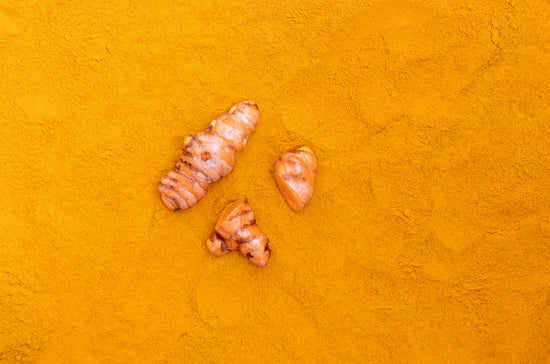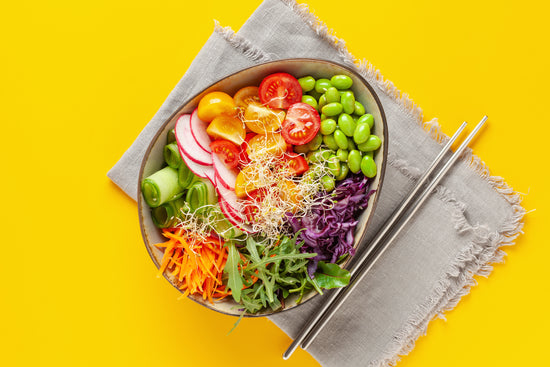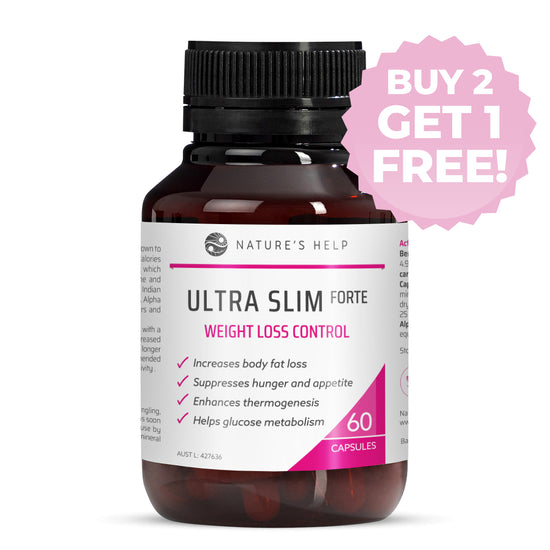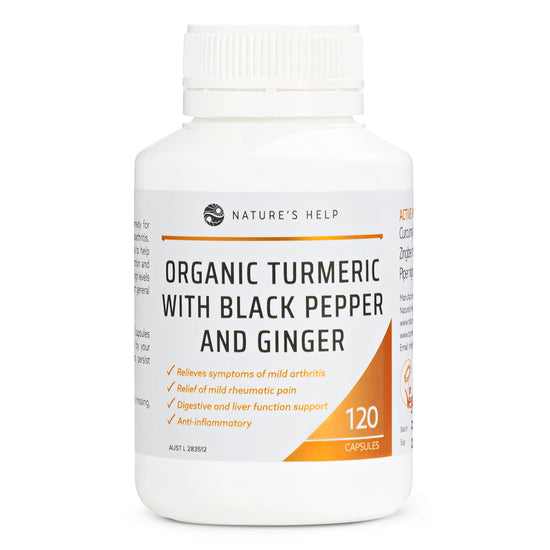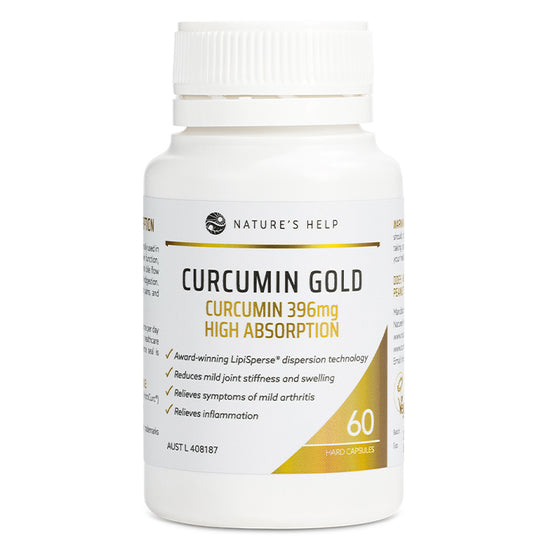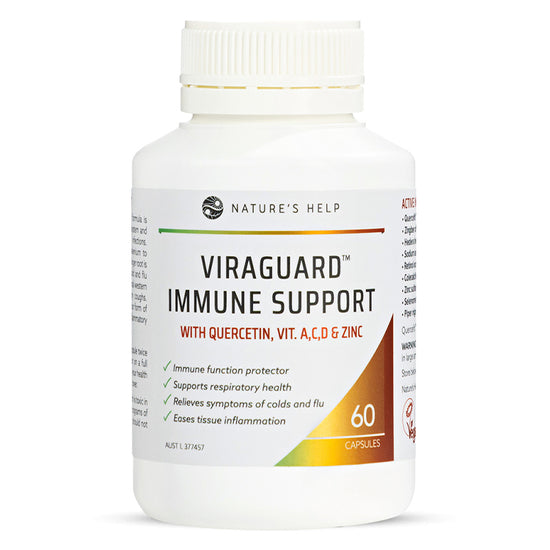An awareness for collagen health benefits is edging into the marketplace, promoting the ability to make your skin look younger and smoother. Collagen is the ‘glue’ that keeps your entire body connected and systems working properly. Over 30% of your body’s protein – your skin, bones, muscles, tendons and joints are made up of collagen. Collagen is naturally fibrous which is why the lipids or fat molecules help hydrate the skin and joints.
Formed from three complex, fibrous chain proteins, collagen twists into a helix that looks a lot like a net. Collagen production is a natural body process, but natural collagen production decreases from about 35 years on. By age 40 your collagen levels decrease faster than your body can produce it. Hello to loose skin and wrinkles. By the time you reach 60, your collagen is half what it was when you were 20. Your body requires greater elasticity to have younger-looking skin and pain-free joints, plus extra support to produce the amount of collagen required. Along with a healthy lifestyle and diet and with collagen supplements you can keep your body at optimal levels.
Your body needs Vitamin C, minerals and amino acids to make collagen. Lack of vitamin C is linked to scurvy, whereby if the body is starved of the vitamin, it stops producing collagen. The old seafarers in Captain Cooks era lost their teeth, had bleeding gums, rashes, weak muscles and their hair fell out. Even though they were consuming enough protein, there was no way to preserve fresh fruit and vegetables on the ships.
The top 10 fruit and vegetables with the highest vitamin C content are:
Guavas, kiwifruit, capsicum, strawberries, oranges, papaya, broccoli, tomatoes, snow peas and kale.
Eating a diet of lots of green vegetables and fresh fruit is ideal, as plants offer great sources of collagen.
Zinc is plentiful in nuts, seeds, lentils and mushrooms – another essential building block for collagen production.
Even though collagen is the most abundant protein in your body, its levels can drop dramatically and in the 21st century, you may experience any of the following as symptoms of a lack of collagen:
-
Gastrointestinal issues
-
Osteoarthritis or joint pain
-
Shrinking muscles
-
Ligament and tendon weakening
-
Wrinkles
-
Sagging skin
Various conditions can affect collagen production:
-
Smoking – because the chemicals affect collagen supply.
-
Regular exposure to UV rays can speed up the damage. (Catch 22 because your body needs vitamin D).
-
Too much sugar disrupts the creation of elastin and collagen.
-
Autoimmune diseases target protein in the body causing collagen levels to drop.
-
Heavy alcohol intake.
So, the supplement choice you are presented with is plant-based or animal-based collagen? And which one is more effective?
ANIMAL-BASED COLLAGEN is made from hooves, bones and animal hides. Most animal collagen is a by-product of factory farming, where studies by The Consumer Wellness Centre have found that the powders contain pesticides, herbicides and antibiotics, which are stored in the animal’s bones. The tightly twisted helix of animal collagen is difficult to break down during digestion and is too large to cross the intestinal wall, making animal collagen an ineffective supplement. An interesting side note is that when hooves etc. are boiled it makes gelatin, which is used to make such products as marshmallows and ice-cream.
PLANT-BASED COLLAGEN has become more popular due to the recent changes in eating habits as the populace become more educated towards medicinal alternatives. Being a peptide builder, (formed from amino acids) plant-based collagen makes protein peptides and vitamin C and this produces collagen. The peptide bonds must be fully digested to be properly absorbed and utilized by the body, which will distribute the amino acids according to your body’s needs. The production of collagen is more complex than just eating more protein. Understanding the components means you can adjust your diet to include an orange or broccoli for vitamin C or a plateful of berries will give you nutrients from anthocyanidins.
In summary, plant-based food and supplements are more efficient at building collagen. Animal-based collagen doesn’t offer the same nutritional value. Do try the new collagen-based product from Turmeric Australia.




